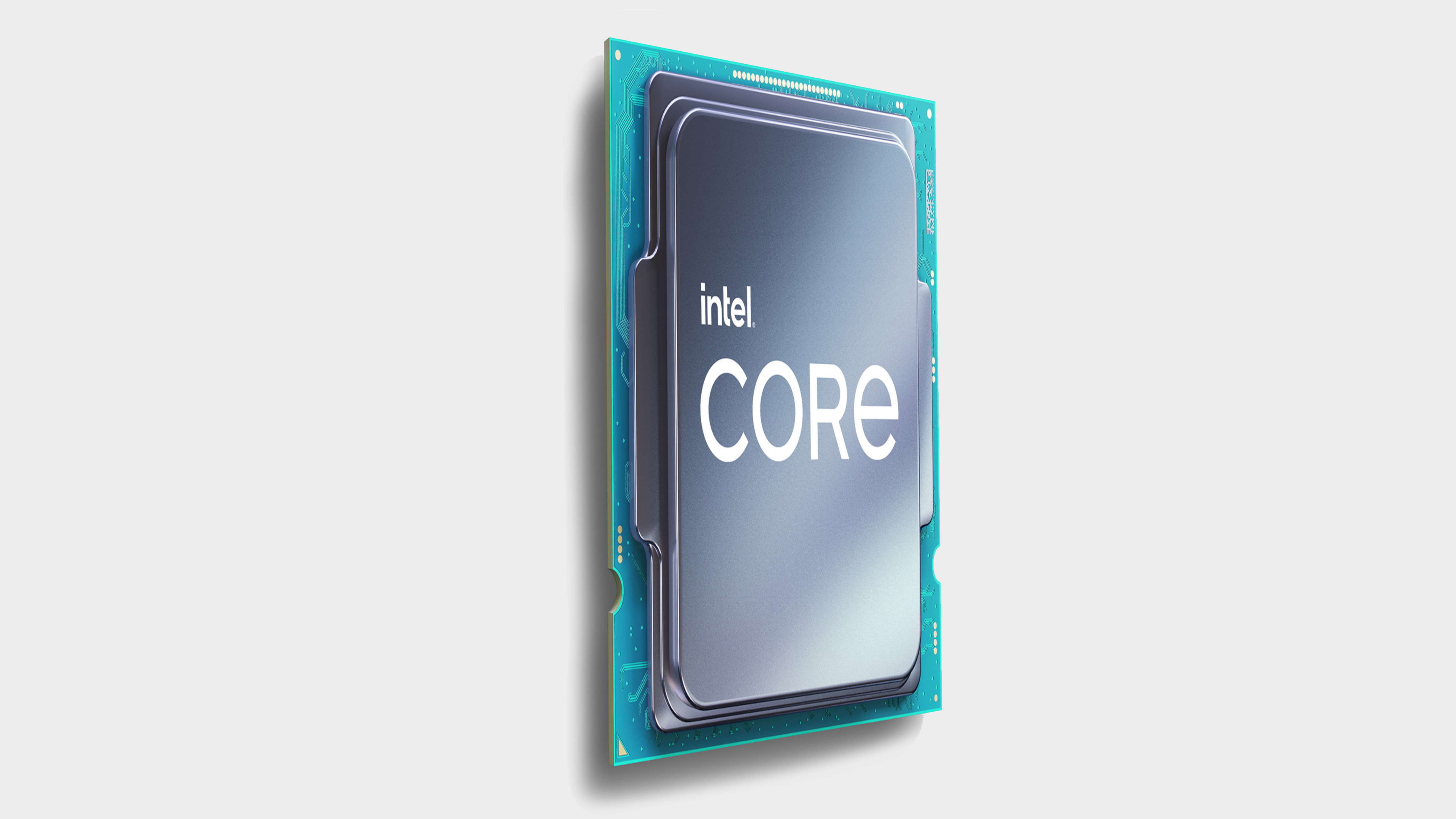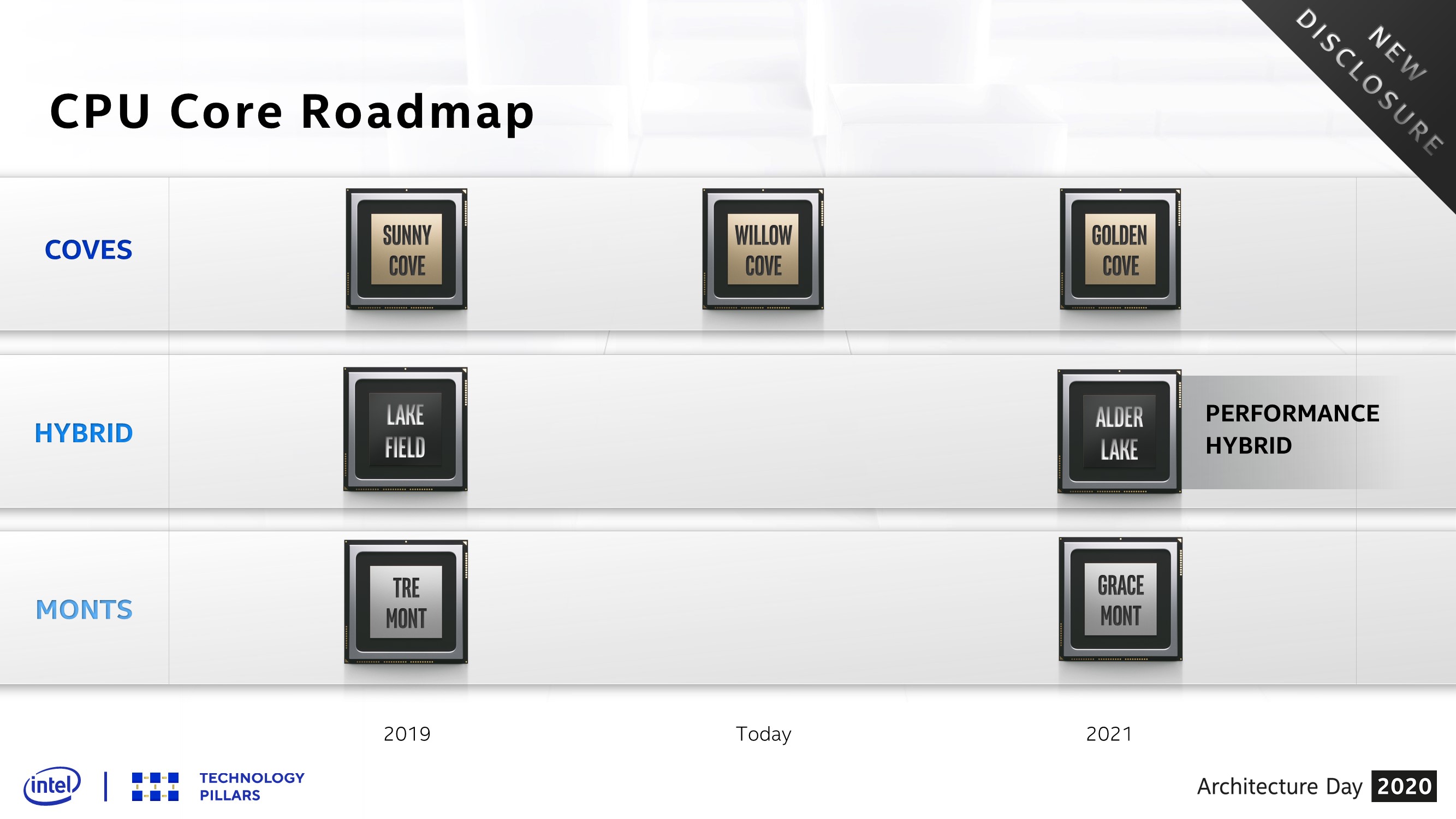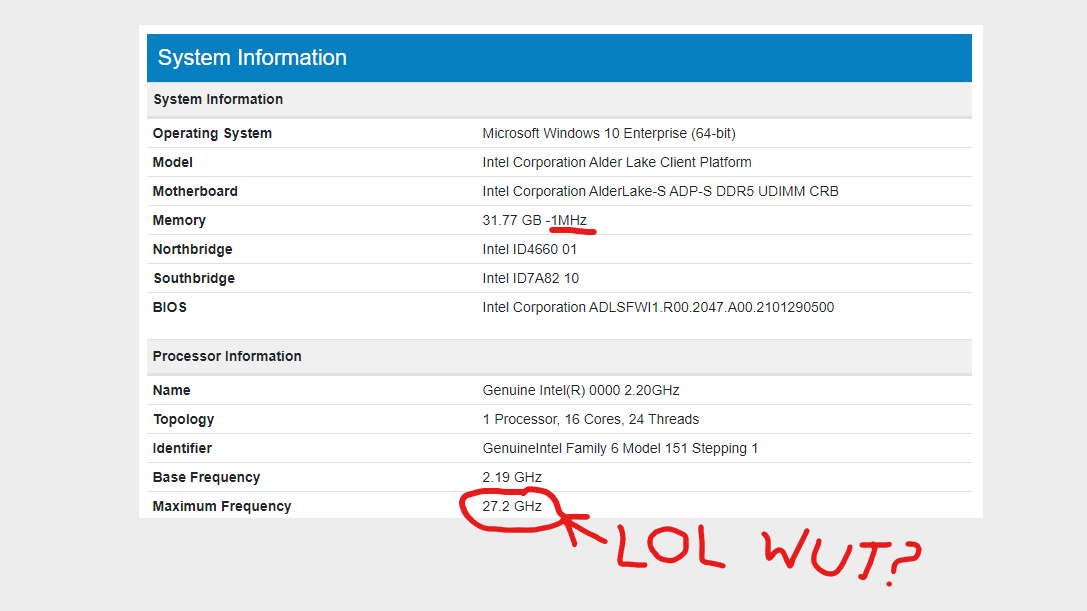Those little Intel Alder Lake cores could be what gives it the edge over AMD's Ryzen 9 5900X
With Skylake-level performance, Alder Lake's little cores could be the unsung heroes of the innovative new architecture.

If the latest Intel Alder Lake rumours are to be believed the hybrid big.LITTLE design gamble is going to pay off in a big way against AMD's Zen 3 CPUs. The 12th Gen Intel processors are set to arrive this year and the rumours of AMD Ryzen 9 5900X beating performance will make it an impressive sophomore consumer launch for new CEO, Pat Gelsinger.
The new spec speculation comes via the Moore's Law is Dead YouTube channel and, while yes, this is another internet personality promoting the views of their network of anonymous sources, they have at least proved moderately reliable on occasion.
For me the key reveal in the video surrounds the potential capabilities of the weakest part of the Alder Lake equation; namely those LITTLE cores.
The idea behind the big.LITTLE hybrid design, the term coined by chip competitor Arm, has Intel pairing up two different new CPU architectures in one chip. With Alder Lake that means taking the latest and greatest of both its main high-performance Core architecture and then its Atom lineup of low-power cores.
Alder Lake will debut both the Golden Cove update from Tiger Lake's Willow Cove design—those will be the big cores—and the new Gracemont Atom cores. The trajectory of the Golden Cove design has long been suggested at about a 20 percent IPC performance bump over Willow Cove, which itself is about the same again over what we've currently got inside our top Intel-based desktops.

But the Gracemont cores have been a little bit more of a mystery, with a lot of us simply dismissing them as weakheart silicon that might struggle to keep a browser open, let alone offer the sort of multithreading chops Intel's going to need to rival the 12-core power of AMD's mighty 5900X. But the suggestion that the Gracemont architecture could deliver the same sort of performance Intel had previously pulled out of its Skylake chips—the basic chip layout of everything up to Comet Lake—means they're potentially nothing to be sniffed at.
With eight of those Golden Cove cores HyperThreading away with an aggregate 40 percent IPC increase over Comet Lake (with favourable winds, anyways) and the Gracemont backup delivering the sort of CPU performance we've come to expect from last-gen Intel silicon, Alder Lake could end up being a seriously impressive bit of kit.
Keep up to date with the most important stories and the best deals, as picked by the PC Gamer team.

We've already seen engineering samples of effective 16-core Alder Lake CPUs out in the wild, and Intel has also been shipping both Windows software development kits and SI upgrade kits for testing outside of the company, which all suggests Intel is very much on for release this year.

Best CPU for gaming: the top chips from Intel and AMD
Best graphics card: your perfect pixel-pusher awaits
Best SSD for gaming: get into the game ahead of the rest
That supports the other rumours that Alder Lake is being fast-tracked for a late summer release rather than a late half 2021 launch.
So, the hardware is in place, but arguably the bigger deal for Alder Lake is going to be how Windows actually sees and assigns work to those big and LITTLE cores.
We've long said the Windows scheduler is going to be key to the 12th Gen chips maintaining consistent, high-end performance without devs needing to code specifically for them. For all its faults, Intel is pretty good with software, and the fact that the hardware is already out for validation this early in 2021 certainly bodes well.

Dave has been gaming since the days of Zaxxon and Lady Bug on the Colecovision, and code books for the Commodore Vic 20 (Death Race 2000!). He built his first gaming PC at the tender age of 16, and finally finished bug-fixing the Cyrix-based system around a year later. When he dropped it out of the window. He first started writing for Official PlayStation Magazine and Xbox World many decades ago, then moved onto PC Format full-time, then PC Gamer, TechRadar, and T3 among others. Now he's back, writing about the nightmarish graphics card market, CPUs with more cores than sense, gaming laptops hotter than the sun, and SSDs more capacious than a Cybertruck.

